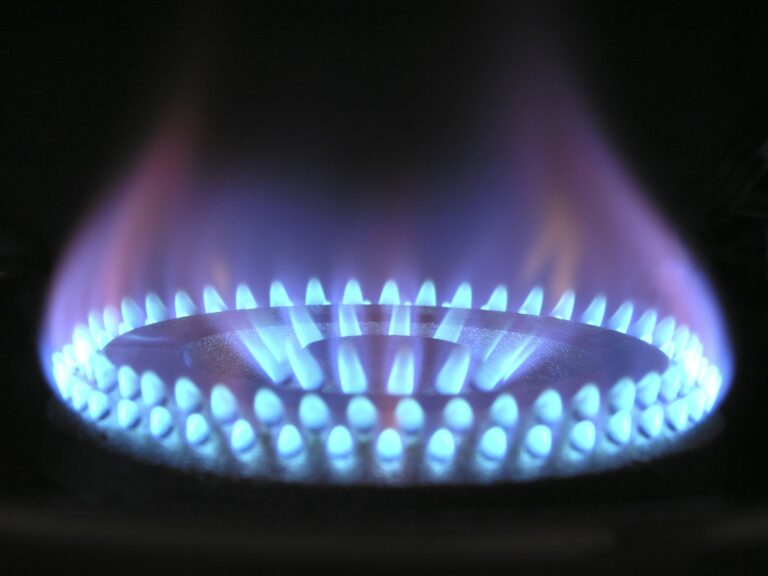East Coast Temperature Threatens Huge Blackouts

Temperatures above 100 degrees F have started to move from the West Coast across the country to the Northeast. Some areas from Washington, DC, to Maine will have triple-digit temperatures, perhaps for two or three days. One ongoing fear is that the electricity grid in the area, parts of which are decades old, cannot handle the strain of record demand.
Weather News –Over One Billion People Hit By High Temperatures
One difference between the current grid situation and that of decades ago, when there were widespread blackouts, is that the grid has built-in early warning systems that trigger alerts when demand gets high enough to cause interruptions. However, these still rely on routing over an old infrastructure and asking the public to cut consumption.
The United States Electricity Reliability Corporation recently studied which parts of the grid are most vulnerable to failure if demand soars quickly. One conclusion was, “While this year’s summer grid outlook is better than last year’s, there are still some areas of the US that fall under an elevated risk of energy shortage and blackouts during unexpected extreme heat events.”
The study showed specifically which areas are at risk geographically. New York, New England, and Texas are considered at risk if heat reaches historic highs, which at this point is entirely possible. Texas has already had grid failure problems this year.
New York City Blackout
A small blackout occurred in a section of New York City on July 13, 2019. The last major blackout in the city was on August 14, 2023. Over 55 million people in New York and parts of New England were affected. In some areas, service was not restored for nearly two days.
It is hard to gauge the economic impact of a blackout on America’s largest city and the region around it. However, most business activity ceases completely. As temperatures reach 100 degrees and the electricity demand may reach record levels, another massive blackout could happen again.
Sponsor
Find a Vetted Financial Advisor
- Finding a fiduciary financial advisor doesn't have to be hard. SmartAsset's free tool matches you with up to 3 financial advisors that serve your area in 5 minutes.
- Each advisor has been vetted by SmartAsset and is held to a fiduciary standard to act in your best interests. Get on the path toward achieving your financial goals!






